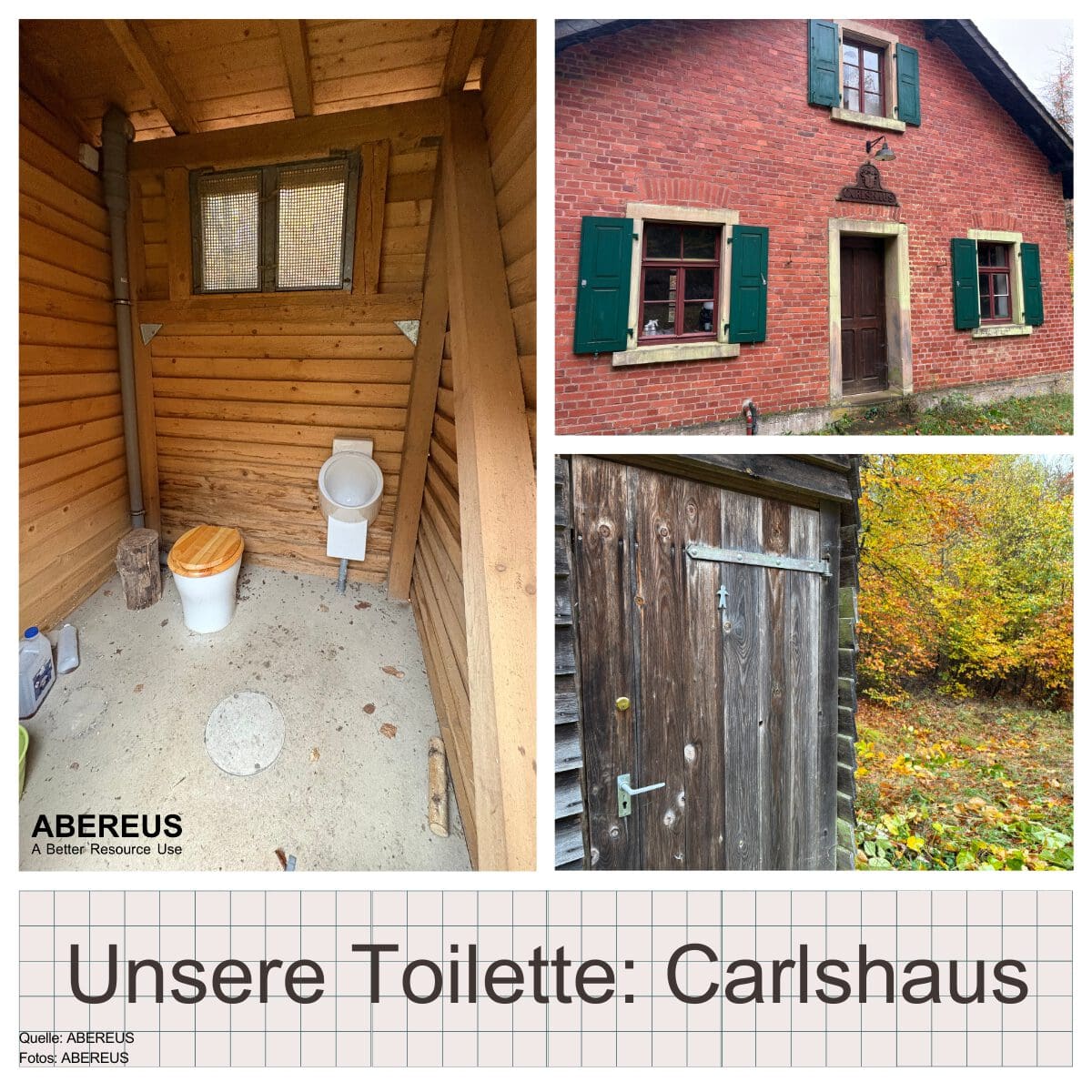Alpine water without snow?

Date
A recent study shows that snowfall in the Alps has dropped by about one-third between 1920 and 2020. The sharpest declines have occurred since the 1980s. As temperatures rise, snow is turning to rain at lower altitudes, and even higher areas that used to be snowy now see more rainfall instead. This has led scientists to ask: Is it possible to have Alpine water without snow?
Why does this matter? Snow is essential for water availability. In spring, melting snow refills water reserves. Without it, the entire ecosystem, from glaciers to soils, suffers. Snow even helps protect against rapid melting and evaporation. Alpine water without snow impacts many facets of the environment.
This is not just a problem for winter sports but for anyone who relies on water. Whether it’s agriculture, drinking water, or energy production, snow plays a crucial role. The study, published in the International Journal of Climatology, examined snow and rainfall data from 46 sites across the Alps.
If you’re concerned about the future of snow and water resources in the Alps, get connected and join us for a better resource use.
Source: https://science.orf.at/stories/3227847/
Photo: https://www.pexels.com/de-de/foto/szenische-ansicht-der-berge-1060328/



